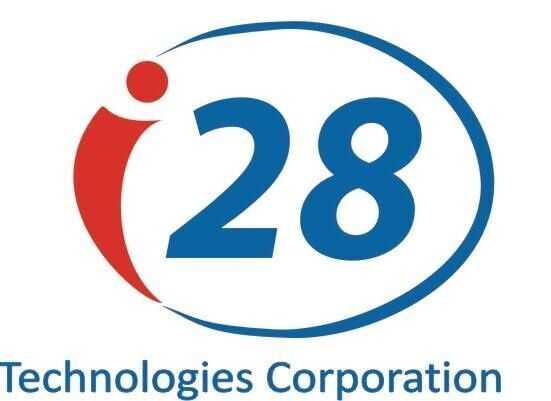In today’s digital age, data-driven technology has become an essential tool for businesses to stay competitive and grow. Data-driven technology refers to the use of data to make informed decisions and to automate processes that were once manual. This technology has revolutionized the way businesses operate and has become a critical component of many organizations’ strategic planning.
Here are some ways data-driven technology is revolutionizing business:
- Improved Decision Making: Data-driven technology helps businesses make better decisions by providing accurate and timely information. With the help of data analysis tools and algorithms, businesses can gain insights into their operations and customer behavior. This information can be used to make informed decisions that improve business performance.
- Enhanced Customer Experience: With data-driven technology, businesses can personalize their offerings and provide customized experiences to their customers. By analyzing customer data, businesses can gain insights into their preferences and behaviors, enabling them to offer tailored products and services.
- Increased Efficiency: Data-driven technology enables businesses to automate many of their processes, reducing the need for manual intervention. This not only saves time but also increases efficiency and accuracy. For instance, automated data entry and processing help businesses save significant amounts of time and resources.
- Competitive Advantage: Data-driven technology provides businesses with a competitive advantage by enabling them to quickly adapt to market changes and customer needs. By analyzing market trends and customer behavior, businesses can quickly pivot their strategies and offerings to stay ahead of the competition.
- Predictive Analytics: Predictive analytics is an important application of data-driven technology that enables businesses to forecast future trends and outcomes. By analyzing historical data, businesses can predict future trends and make informed decisions to stay ahead of the competition
- Improved Productivity: Data-driven technology can help businesses streamline their workflows and optimize their operations, resulting in increased productivity. With automation, businesses can reduce manual errors and improve the speed and accuracy of their processes.
- Better Risk Management: With the help of data analysis tools, businesses can identify potential risks and take steps to mitigate them. This includes analyzing financial data to identify potential fraud, predicting maintenance needs for machinery to prevent downtime, and monitoring social media and online reviews to identify potential brand reputation risks.
- More Effective Marketing: Data-driven technology is enabling businesses to create more effective marketing strategies by analyzing customer data to gain insights into their preferences and behaviors. This information can be used to create targeted marketing campaigns that are more likely to convert leads into customers.
- Enhanced Supply Chain Management: With data-driven technology, businesses can optimize their supply chain management by analyzing data from suppliers, manufacturers, and distributors to ensure that the right products are delivered to the right locations at the right time.
- Improved Customer Support: Data-driven technology can help businesses improve their customer support by providing real-time data on customer interactions and feedback. This information can be used to identify areas for improvement and to develop new products and services that better meet customer needs.
- Predictive Maintenance: Data-driven technology is enabling businesses to implement predictive maintenance strategies, which use data from sensors and other sources to predict when maintenance is needed on machinery and other equipment. This helps prevent unexpected downtime and reduces maintenance costs.
- Increased Sales: Data-driven technology can help businesses increase their sales by identifying patterns and trends in customer behavior. By analyzing data on customer purchases, businesses can identify cross-selling and upselling opportunities and tailor their marketing strategies accordingly.
- Improved Product Development: Data-driven technology can help businesses improve their product development by analyzing customer feedback and behavior to identify areas for improvement. This can lead to the creation of new products that better meet customer needs and preferences.
- Better Talent Management: Data-driven technology is enabling businesses to improve their talent management by analyzing data on employee performance, engagement, and retention. This can help businesses identify areas for improvement and develop strategies to attract and retain top talent.
- Improved Financial Management: Data-driven technology can help businesses improve their financial management by providing real-time data on financial performance and identifying areas for cost reduction. This can lead to more accurate forecasting and better decision-making.
In summary, data-driven technology is having a profound impact on the way businesses operate, enabling organizations to make better decisions, optimize their operations, and improve customer satisfaction. By leveraging the power of data analytics, businesses can gain valuable insights into their operations and customer behavior, leading to increased productivity, improved profitability, and sustained growth.







